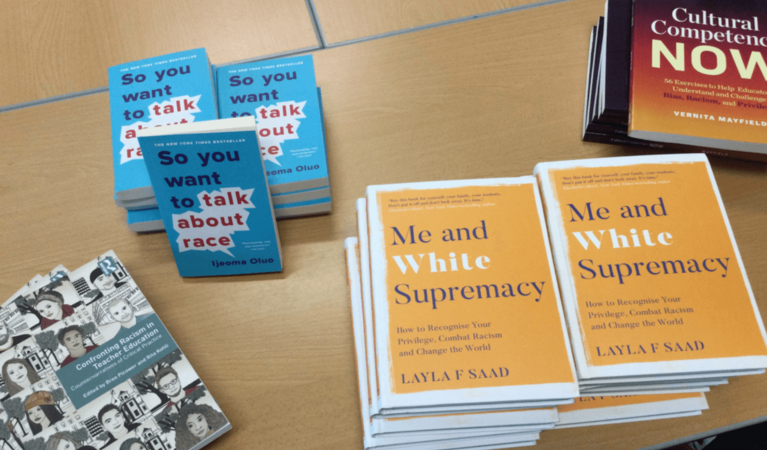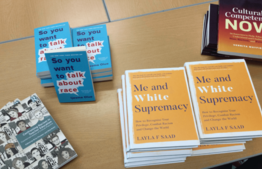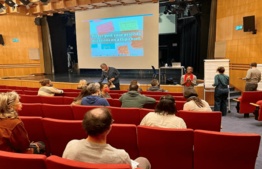Vienna International School is currently embarking on a journey to incorporate the DEIJ platform into its strategic plan. DEIJ stands for:
- DIVERSITY refers to differing traits and characteristics that make people unique. Linked to equity, diversity’s function can decenter dominant approaches to knowledge, ways of thinking, being and acting in the world.
- EQUITY involves distributing resources based on the needs of the recipients so that all members of a community are afforded the same opportunities to achieve equal outcomes.
- INCLUSION refers to behavioral practices and social norms in a community that are ‘co-productive’, including and integrating everyone in activities and processes so they feel a sense of belonging and purpose. These include virtuous and ethical acts of extending oneself through reciprocal ways of sharing and receiving when engaging with ‘other’ knowledges, ways of thinking, and cultures of learning.
- JUSTICE requires that we acknowledge how the history of our communities, institutions, and society has shaped the present, and that we use this understanding to build a better future.
As a first step of integrating the platform, the VIS staff members had two workshops on “Culturally Responsive Teaching and Learning for the Here and Now” and “Dominant Cultures”. When describing the "culturally responsive" concept, speaker Sherri Spelic outlined some hallmarks of “culturally responsive teaching and learning” and advocated for learning environments where differences in identities are understood and appreciated; where those whose identities do not reflect dominant culture markers can experience belonging without needing to shed their unique identity aspects at the door.
The Anti-Racist Club (ARC) was funded to make the school community a safer space by discussing the subject of racism and how it can be combated. ARC provides an open space for students to discuss and learn about the root problems of racism and, ultimately, to collaboratively propose solutions to better the school community through educating and informing. So far, ARC has been able to develop pastoral homeroom lessons that aim to educate students regarding the definitions and origins of racism, as well as engage students to think about their role in how they can combat racism. Additionally, the teachers and staff members formed the Anti-racism Book Club which focuses on self-reflection, courageous conversations and examination of biases and privilege.
The school is taking firm steps towards learning and adopting the DEIJ principles and practices throughout its work, as well as fostering a school community where everyone feels they belong.


